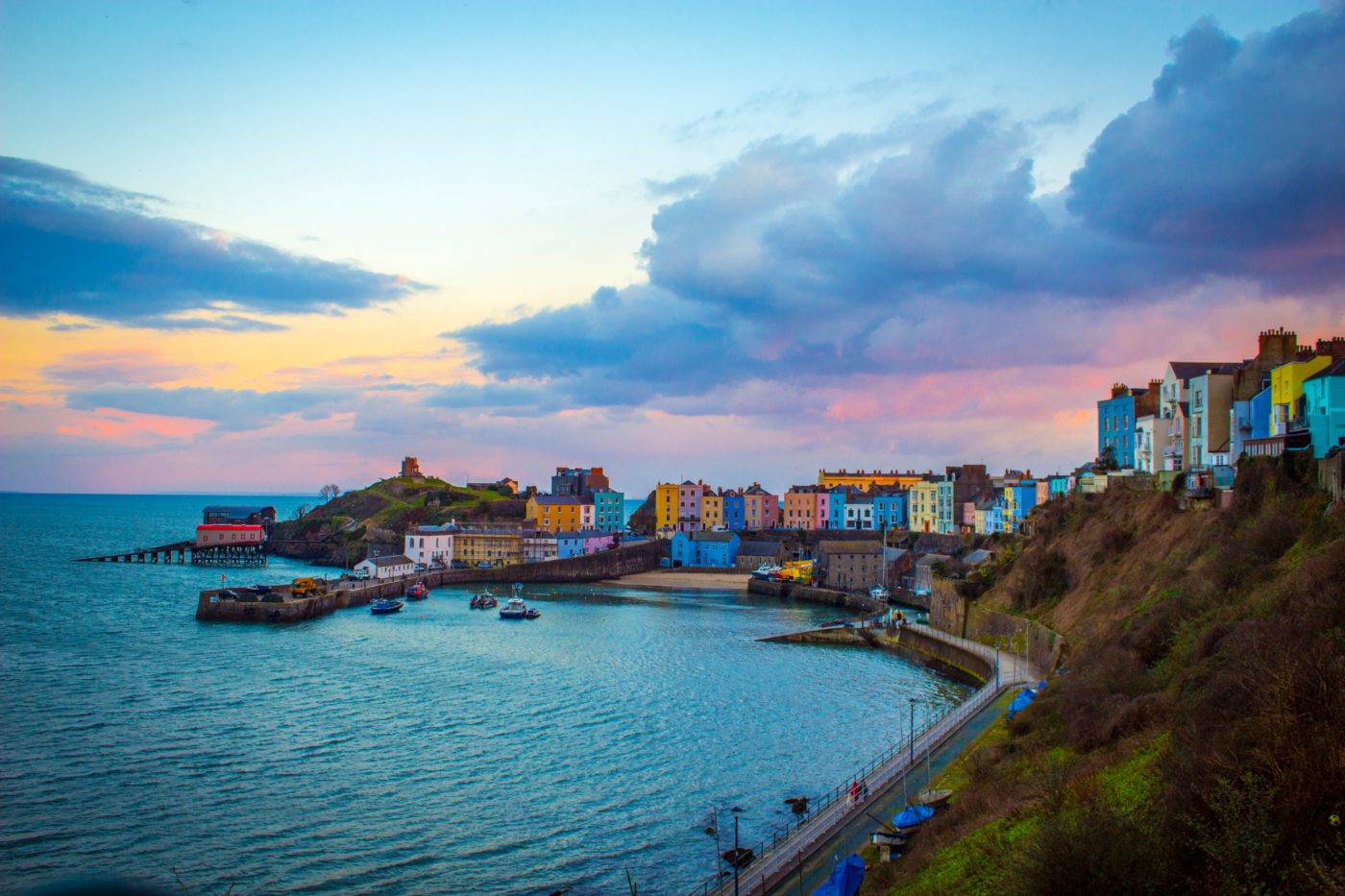October 6th, 2021. Tom Rowlands
How Have Holiday Home Ownership Statistics Changed During Covid?

Most Brits have now endured two summers of staycations, with travel restrictions, testing costs and new variants putting the brakes on holiday maker’s plans.
With so many of us turning to what the British Isles has on offer in terms of getaways, those owning second homes in the UK must surely be reaping the benefits. If not to use themselves, then to rent out.
That being said, it might not all be plain sailing for people financially able to own a second home, with regular scrutiny voiced when so many are priced out of affordable housing.
So, what are the pros and cons of owning a second home in the UK, and how have holiday home ownership statistics changed in light of the pandemic?
The Staycation Boom
Unsurprisingly, the pandemic has majorly altered people’s perceptions and abilities to go on holiday. So much so, that the domestic tourism industry is due to reach an estimated £51.4 billion in 2021.
Clearly, while other major parts of the economy have struggled, this area has undoubtedly prospered. Further reports indicate continuing interest from private investors in coastal and country homes, means the ownership of second homes in the UK will continue rising.
However, this surge in interest means that for holiday makers, prices will unfortunately go up significantly. Holiday home lettings have increased by an average of 35%.
How Are Second Homes in the UK Changing?
The spike in holiday home interest naturally catches the eyes of money makers and investors. However, there are only so many houses available for purchase, and with planning and construction taking so long, investors are exploring innovative avenues for capital.
One of the biggest trends for holiday home investors now, is modular, movable buildings. Having proven very popular in Europe and North America in recent years, the staycation boom in the UK is a perfect opportunity to invest.
These homes are produced off-site and are easily installed with no real assembly needed. Furthermore, they can be easily transported to a holiday hotspot, so a property for sale in Devon or Cornwall is much more tangible as a result.
The portability aspect means these innovative homes-away-from-home will rarely be left unrented or unsold. Additionally, they can be built almost anywhere, so once planning permission is granted, all they need is 30m2 per plot and connections to utilities.
However, probably the biggest perk of these portable homes is their versatility. If you’re in a position where you can purchase multiple units, they can function as businesses, cafes, studios, shops, specialist homes equally as well as they do holiday homes.
How Can Pure Help with Second Home Mortgages?
It’s fair to say, that with ideas such as the modular home gaining so much popularity for so many reasons, the second home market and staycation industry are very healthy.
If you’re looking to establish a second home loan, but aren’t sure how to get the ball rolling, let’s talk about your options and find the best path forward for you.
Article By Tom Rowlands
October 6th, 2021
Tom joined Pure Property Finance in 2017 after a career as a Client Wealth Manager, where he spent just under 3 years advising on financial and tax planning. Tom specialises in bridging finance and property development funding, having completed deals ranging from a simple £30K property purchase through to £2m+ mixed-use developments.
See more articles by Tom




